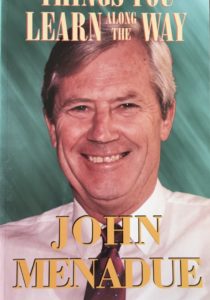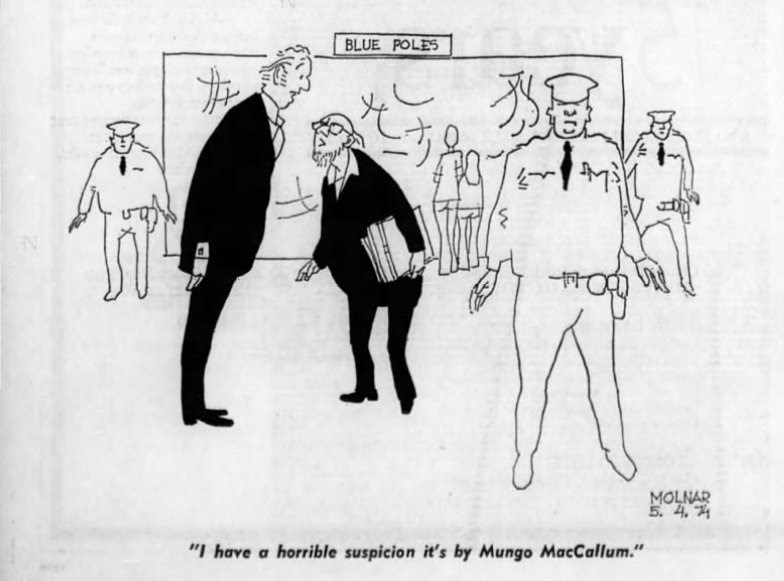Occasionally friends suggest to me that I should write my autobiography. Ruefully I explain that I wrote ‘Things you learn along the way’ twenty years ago. The book sold about 8,000 copies but as far as I know is no longer available.
The book covers many aspects of my life: The early days as a footloose son of the Methodist manse; seven years in the ‘wilderness’ working for Gough Whitlam in Opposition; working for Rupert Murdoch in his better days; Secretary of Prime Minister and Cabinet to both Gough Whitlam and Malcolm Fraser, including the Dismissal; enjoyable family days in Japan as Ambassador; the most meaningful job of my life as Secretary of the Immigration Department during the Indochina Refugee Program; and a few years at Qantas where I found that Directors and my views were not necessarily the same.
See link below if you are interested in reading. (link also on home page ‘about John Menadue’.)

